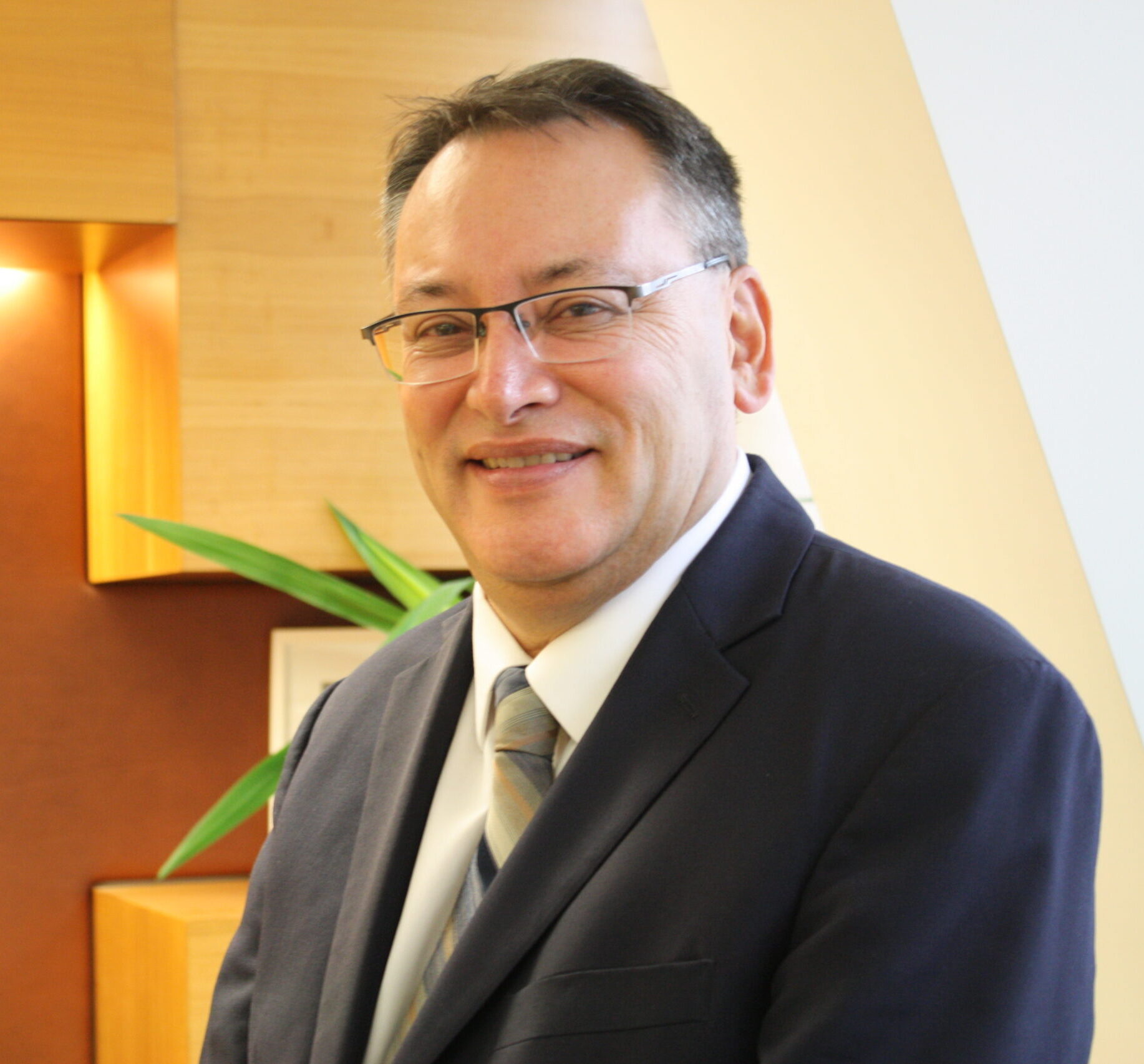What are the new treatments?
The medicines have not yet been specified but in a statement, Pharmac says the funding will cover 26 cancer medicines for a number of cancer types including thyroid, bowel, breast, bladder, lung, head and neck, prostate, liver, ovarian, kidney and four different blood cancers.
Another 28 medicines covered by the extended funding will treat a wide range of conditions including infections, respiratory, osteoporosis, sexual health, dermatology, inflammatory conditions and mental health.
Minister of Health Shane Reti announced this week that Pharmac would get a $604 million funding boost for 54 new medicines, including 26 cancer treatments.
‘However, there is no doubt that there will be a flow-on effect to nursing workload on top of an already overstretched workforce.’
The decision followed an intense, patient-led outcry over the Government’s failing to honour a pre-election promise to fund 13 new cancer drugs.

NZNO — Tōpūtanga Tapuhi Kaitiaki o Aotearoa cancer nurses college chair Shelley Shea said nurses were happy to see better access to medicines for cancer patients.
“However, there is no doubt that there will be a flow-on effect to nursing workload on top of an already overstretched workforce,” she told Kaitiaki.
It was difficult yet to quantify how heavy that extra patient load would be. But cancer care was provided by a multi-disciplinary team so higher patient numbers would affect “all aspects of cancer services”.
Along with oncology nurses, there must be investment in cancer nurse coordinators to support complex care needs, and nurse specialist teams who provide education on patient safety and treatment follow-up. Enough nurse practitioners and prescribers and medical oncologist prescribers would also need to be in place, Shea said.
‘By working with the clinical professions, policy-makers will be well-informed to understand the complexity of cancer care for patients.’
Ongoing professional development to ensure contemporary knowledge, sufficient community nurses (who manage people receiving oral treatment) and nurse practitioners, prescribers and medical oncologist prescribers would also be needed.

Associated pharmacy, administration, imaging, laboratory, psycho-social and data support systems would all need to be adequately resourced to meet the needs of increased numbers of patients.
Acknowledging the nurses’ concerns, a spokesperson for Reti told Kaitiaki that on top of $38 million of initial funding for Te Whatu Ora to deliver the cancer services, “further contingencies will be allocated over the coming years”.
‘Work with us’ for equitable outcomes
Shea said it was also essential that Pharmac, Te Aho o Te Kahu (Cancer Control Agency) and Te Whatu Ora worked closely with clinical professionals such as nurses to plan and deliver the expanded treatments, to ensure they reached those who needed it most.
“By working with the clinical professions, policy-makers will be well-informed to understand the complexity of cancer care for patients.”
That would also enable more equitable outcomes, she said.

Reti’s spokesperson said definitely the minister “expects close alignment on this”.
In Aotearoa, cancer rates are 20 per cent higher for Māori, and Māori are twice as likely to die from cancer than non-Māori, according to Hei Āhuru Mōwai — Māori Cancer Leadership Aotearoa.
Reti — who has apologised to patients and whānau for the delay and poor communication around cancer treatments — says the new deal includes seven of the promised treatments, with others replaced by alternatives “just as good or better”.
Some of the new cancer drugs would be available from October, with the rest rolling out in 2025.
Reti estimated the new drug funding — a “pre-commitment” against next year’s Budget — will benefit 175,000 people in its first year.
The funding follows April’s announcement of faster treatment targets for cancer patients, 90 per cent of whom must receive care within three months of diagnosis and extending the free breast-screening cut-off from the age of 69 to 74.
Pharmac chief executive Sarah Fitt has said work to deliver the extra cancer medicines will start immediately.





